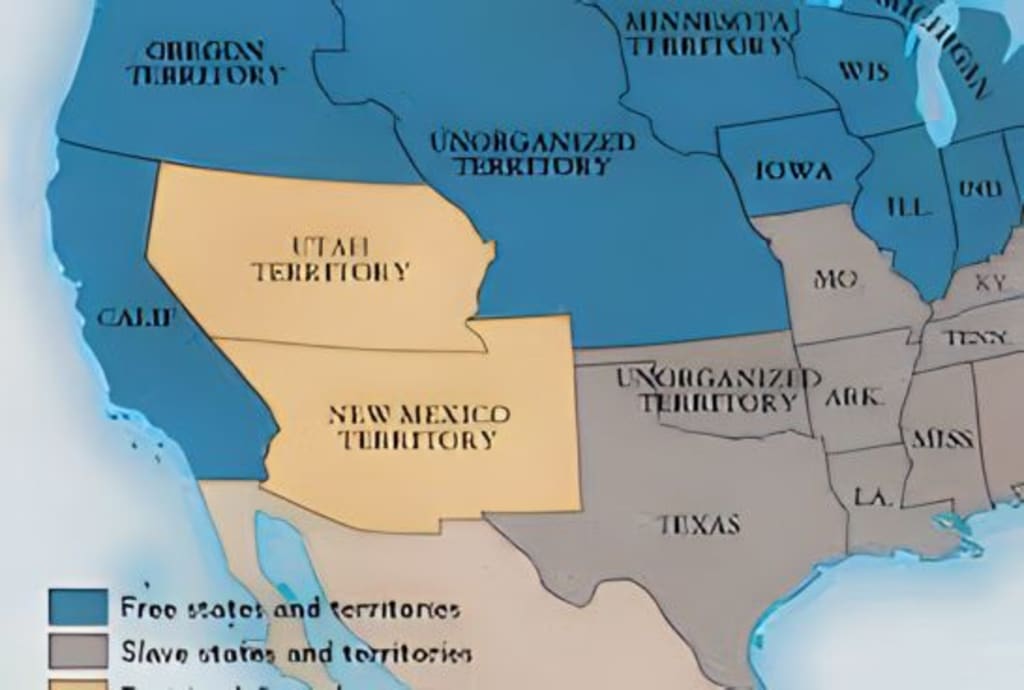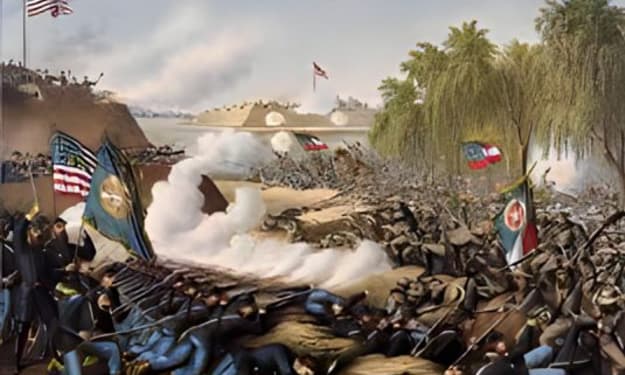Westward Expansion: Pioneering the American Frontier
Third important topic of USA

Title: Westward Expansion: Pioneering the American Frontier
Introduction:
The story of Westward Expansion is one of courage, determination, and the pursuit of new horizons. It represents a pivotal chapter in American history when settlers ventured into uncharted territories, transforming the nation and shaping its identity. In this article, we delve into the significance of Westward Expansion, exploring the motivations, challenges, and lasting impacts of this extraordinary period.
Manifest Destiny and Motivations:
Westward Expansion was driven by the belief in Manifest Destiny, the idea that the United States was destined to stretch from coast to coast. It encompassed the pursuit of economic opportunities, the desire for land ownership, and the spread of American ideals and institutions. From the early explorations of Lewis and Clark to the massive migration of pioneers during the 19th century, Westward Expansion became a defining characteristic of American exceptionalism.
The Louisiana Purchase and Lewis and Clark Expedition:
The Louisiana Purchase in 1803 marked a critical milestone in Westward Expansion. President Thomas Jefferson negotiated the acquisition of a vast territory from France, doubling the size of the United States overnight. To explore this newly acquired land, Jefferson commissioned the Lewis and Clark Expedition. Led by Meriwether Lewis and William Clark, this daring expedition mapped uncharted territories, established trade relations with Native American tribes, and paved the way for future settlements.
The Oregon Trail and Frontier Life:
The Oregon Trail, one of the most iconic routes of Westward Expansion, symbolizes the struggles and triumphs of countless pioneers. Families and individuals embarked on treacherous journeys, enduring harsh conditions, disease, and the constant threat of Native American conflicts. Despite these hardships, settlers established farms, towns, and communities, carving out a new way of life on the frontier. Their perseverance and resilience contributed to the growth of a young nation.
The California Gold Rush and the Transcontinental Railroad:
The discovery of gold in California in 1848 sparked a massive influx of prospectors seeking fortune. The California Gold Rush accelerated Westward Expansion as people from all walks of life flocked to the West in search of wealth and opportunity. This period of frenzied migration paved the way for the construction of the Transcontinental Railroad, connecting the East and West coasts and facilitating trade, communication, and the further development of the frontier.
Native American Displacement and Conflict:
Westward Expansion was not without its dark side. As settlers moved westward, Native American tribes faced displacement, broken treaties, and conflicts over land and resources. The impact on indigenous communities was profound, leading to the loss of ancestral territories and the erosion of traditional ways of life. It is important to acknowledge and reflect upon the complex and often tragic consequences of Westward Expansion on Native American history.
Legacy and Impact:
Westward Expansion left an indelible mark on the United States. It transformed the nation from a cluster of coastal colonies into a continental power. The expansion of American territories paved the way for new states to join the Union, fostering diversity and shaping the political landscape. It spurred technological advancements, stimulated economic growth, and propelled the United States onto the global stage as a major player.
Conclusion:
Westward Expansion represents a remarkable chapter in American history, epitomizing the spirit of exploration, innovation, and resilience. The pursuit of new frontiers shaped the nation's identity and propelled it towards becoming a global power. However, it is crucial to remember the complexities and consequences of this expansion, particularly regarding Native American communities. By acknowledging the triumphs and the challenges of Westward Expansion, we gain a deeper understanding of the rich tapestry that is the United States of America.
About the Creator
Enjoyed the story? Support the Creator.
Subscribe for free to receive all their stories in your feed. You could also pledge your support or give them a one-off tip, letting them know you appreciate their work.





Comments
There are no comments for this story
Be the first to respond and start the conversation.